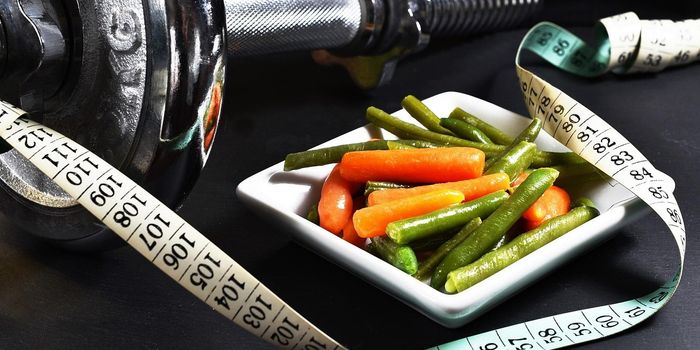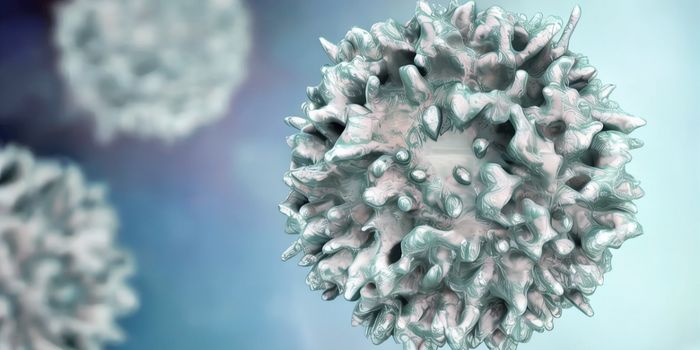Don't eat iron-rich foods with your tomatoes
We have known for some time now that tomatoes are beneficial for our health. The carotenoid called lycopene in tomatoes contains high amounts of antioxidants that lower the risk of hypertension, prostate cancer, colon cancer, and lung cancer; lycopene also assists in the overall health of the heart, skin, and eyes. And, needless to say, when the ruby reds are so delicious and clearly so good for you, why not eat up!
But new research finds that if you eat iron-rich foods or supplements along with your tomatoes, you may be missing out on up to half of the benefits. The study, which was published in the journal Molecular Nutrition & Food Research, warns that tomato consumption combined with iron intake hinders the anticancer properties of lycopene. The study was conducted by lead researcher Rachel Kopec, who is an assistant professor of human nutrition at Ohio State University in Columbus.
Kopec and fellow researchers wanted to look specifically at the "formation and absorption of lycopene metabolites". To do so, they conducted an experiment on seven men, each of whom drank meal shakes composed with tomato extract, both with and without iron (in the form of ferrous sulfate).
After, examining the men’s blood and digestive fluids, they found that absorption of lycopene was halved. Kopec says, "When people had iron with their meal, we saw almost a twofold drop in lycopene uptake over time. This could have potential implications every time a person is consuming something rich in lycopene and iron — say a Bolognese sauce, or an iron-fortified cereal with a side of tomato juice. You're probably only getting half as much lycopene from this as you would without the iron."
This knowledge is important, say the authors, to constructing a more comprehensive knowledge on diet and health benefits. "Nutrition can play an important role in disease prevention, but it's important for us to gather the details about precisely how what we eat is contributing to our health so that we can give people reliable, science-based recommendations," explains Kopec.
Sources: Medical News Today, Molecular Nutrition & Food Research









